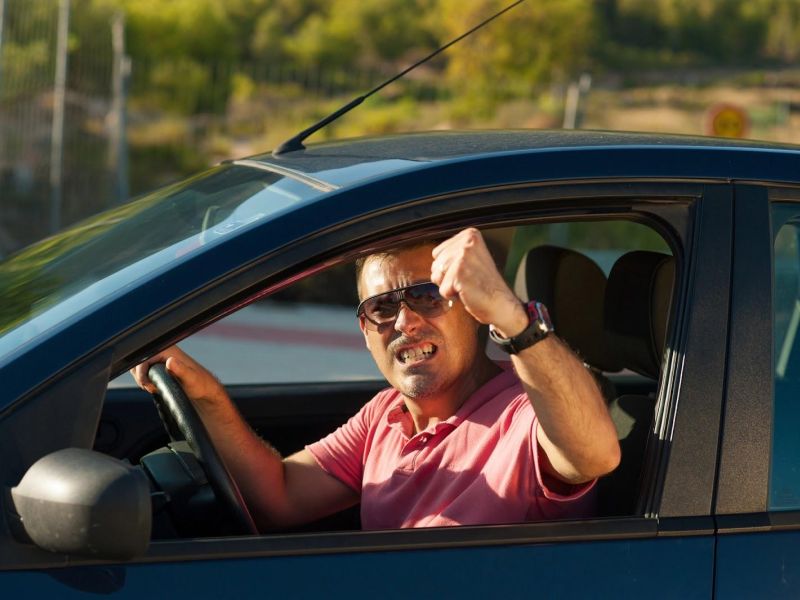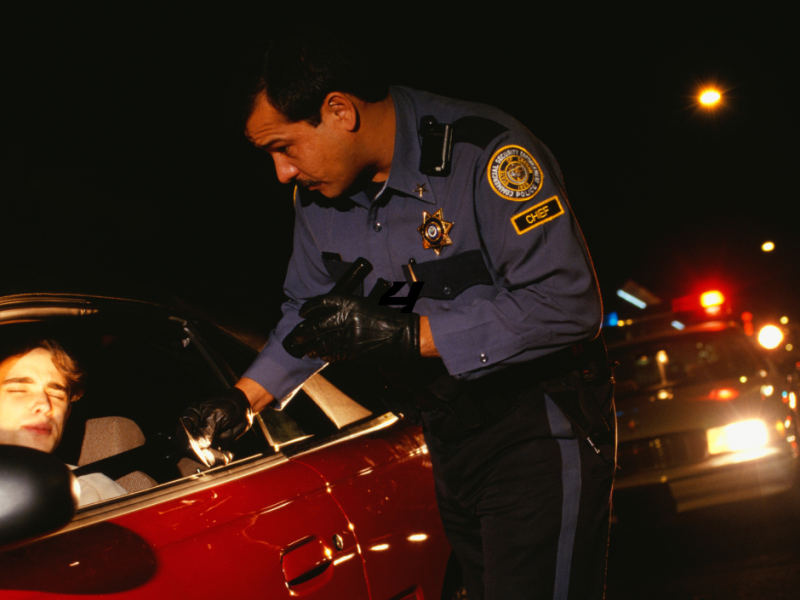
— Reckless Driving
Aggressive Driving Vs. Road Rage
Road rage incidents have proliferated across the United States in recent years, frequently featuring in local news and occasionally appearing on the national radar. While many instances of road rage draw widespread disapprobation for the shocking behavior they put on display, aggressive driving practices are much more commonly tolerated by the public – even though they may be prohibited under state traffic laws. In fact, some of the tactics the Commonwealth of Virginia prohibits under its aggressive driving laws are so ubiquitous that many drivers may engage in these behaviors without recognizing their illegality, putting themselves at risk not only for the inconvenience of a traffic stop but for a criminal conviction in their driving record. If you have been charged with aggressive driving or been involved in a road rage incident anywhere in Virginia, consider reaching out to an experienced traffic defense lawyer with Driving Defense Law to review your case and discuss your legal options. Call (757) 929-0335 today to schedule a consultation.
What Is the Difference Between Aggressive Driving and Road Rage?
Any legal differentiation between aggressive driving and road rage will depend on the traffic laws of the state in question. In general, however, aggressive driving tends to form a wider category than road rage, with the “road rage” label applied (either casually or legally) to especially glaring instances of aggressive driving.What Is Considered Aggressive Driving?
“Aggressive driving” refers to a set of driving behaviors characterized by disregard for traffic safety and sometimes for the rules of the road. Common examples include tailgating and cutting other drivers off in traffic. In Virginia, aggressive driving is legally codified under § 46.2-868.1 of the Code of Virginia so that behaviors meeting the statutory definition are subject to penalties under state law.What Is the Legal Definition of Road Rage?
Aggressive driving is sometimes associated with, but does not necessarily lead to, road rage, which the National Highway Traffic Safety Administration (NHTSA) defines as an “intentional assault,” committed in traffic or in response to an incident in traffic. The assault may be committed with an item generally recognized as a weapon (e.g., a handgun or club); alternatively, however, the assailant may “weaponize” their vehicle (for instance, by using it to attempt to force another driver off the roadway or out of their lane of travel).How Does Virginia Law Define Aggressive Driving?
The specific behaviors identified as aggressive driving and the range of penalties imposed will vary by state, so you may wish to consult with an attorney in your jurisdiction familiar with state and local traffic laws. In Virginia, traffic violations identified under the Aggressive Driving statute include:- Failure to drive on the right side of highway or failure to observe marked lanes for traffic
- Following another vehicle too closely
- Failure to stop or yield right-of-way when entering highway
- Driving off-road to avoid mechanisms for traffic control
- Failure to provide adequate clearance when passing another vehicle
- Several additional provisions related to overtaking and passing other vehicles under a variety of circumstances

